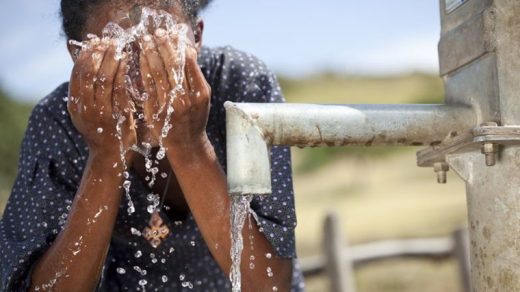Water is one of the most important resources on Earth, and yet it is also one of the most threatened. The world’s population continues to grow while water supplies are shrinking due to climate change, pollution, and overconsumption. If current trends continue, we will face a global water shortage by 2030. Fortunately, there are many ways we can prevent this from happening. Here are some steps you can take:
Water shortages are already a pressing global issue, and they will only become more severe in the future as the world’s population continues to grow. There are many ways that we can prevent global water shortage, but some of the most important include conserving and managing our resources better, investing in new technologies, and raising awareness about the importance of water conservation. One way to conserve and manage our resources better is by using less water overall. This can be done through measures such as installing low-flow toilets, showerheads, and faucets; watering plants wisely; fixing leaks promptly; and carpooling or taking public transportation when possible. It is also important to recycle wastewater whenever possible for use in irrigation or other industrial processes.
1 Reduce your water usage at home. Take shorter showers, don’t leave the faucet running when you’re not using it, and fix any leaks in your plumbing system.
2 Switch to low-flow or WaterSense certified appliances whenever possible. Dishwashers, washing machines,, showerheads
3. Better water management: improving irrigation, wastewater treatment and reuse, as well as rainwater harvesting.
4. Regulation of groundwater use: better managing how much water is taken from underground aquifers to prevent depletion.
5. Improving the efficiency of food production systems: reducing wastage in irrigated agriculture and getting more crop per drop through drip irrigation and other means.
6 Agricultural reform: encouraging farmers to shift towards crops that need less water or are drought resistant (e..g., maize instead of rice).
7 Water pricing reform: giving proper value to this precious resource by charging users a price that reflects its true cost; this will create an incentive for everyone – individuals, businesses and governments alike – to save water.
8 Address climate change, which is causing increased droughts and making it more difficult to store or use freshwater supplies effectively
9 Invest in renewable energy sources like solar and wind power, which don’t require large amounts of precious fresh water
If you enjoyed this post, I’d be very grateful if you’d help it spread by emailing it to a friend or sharing it on Twitter or Facebook. Thank you!


